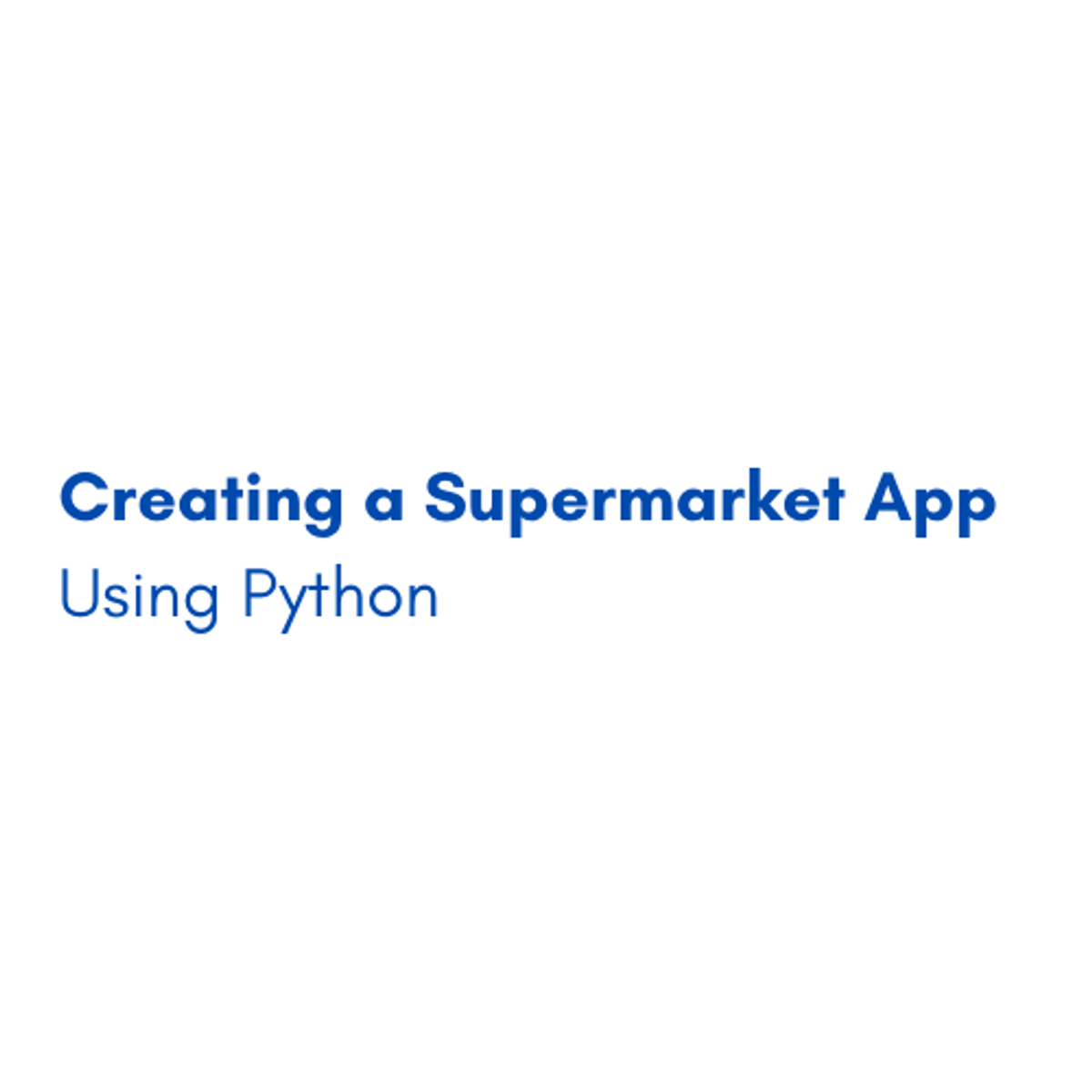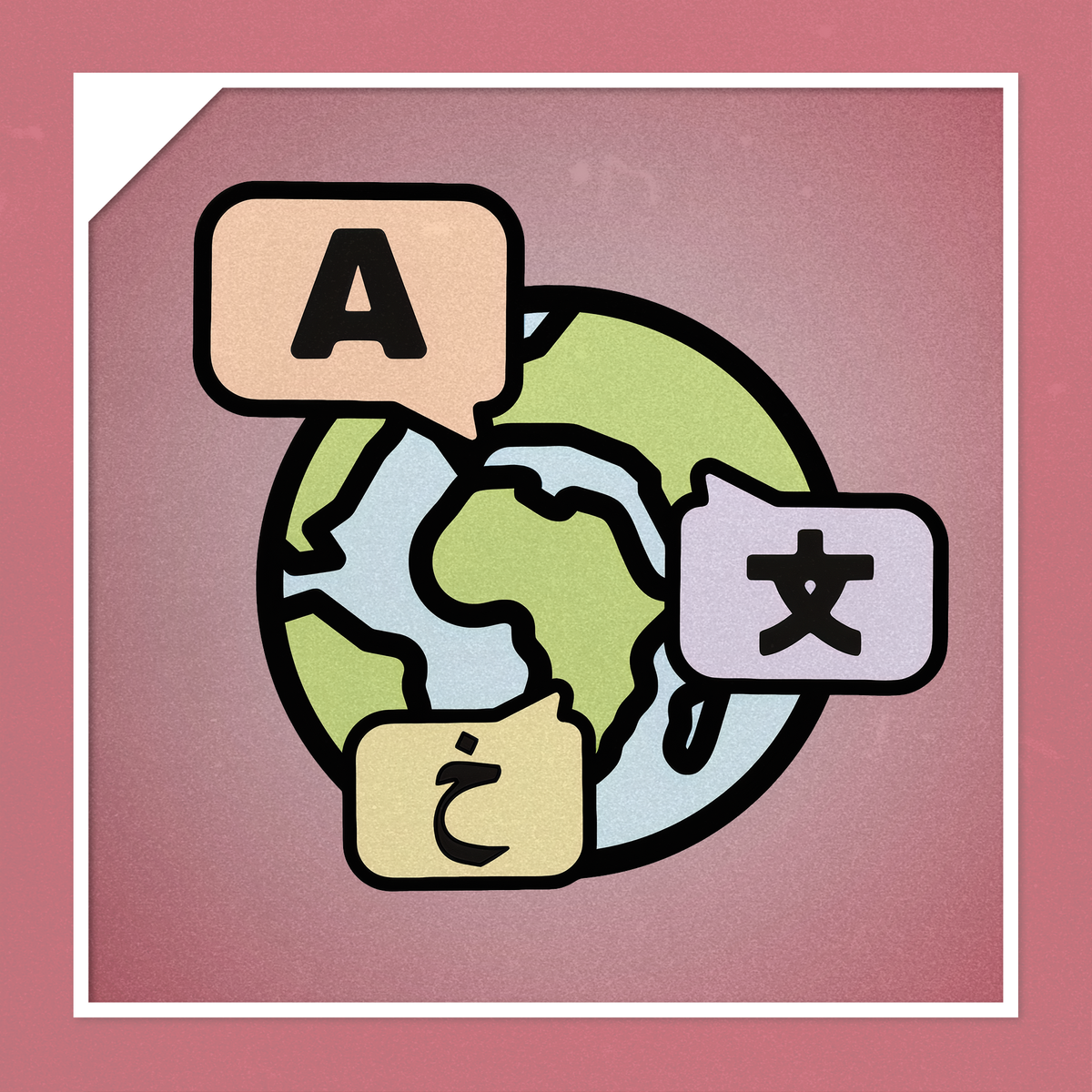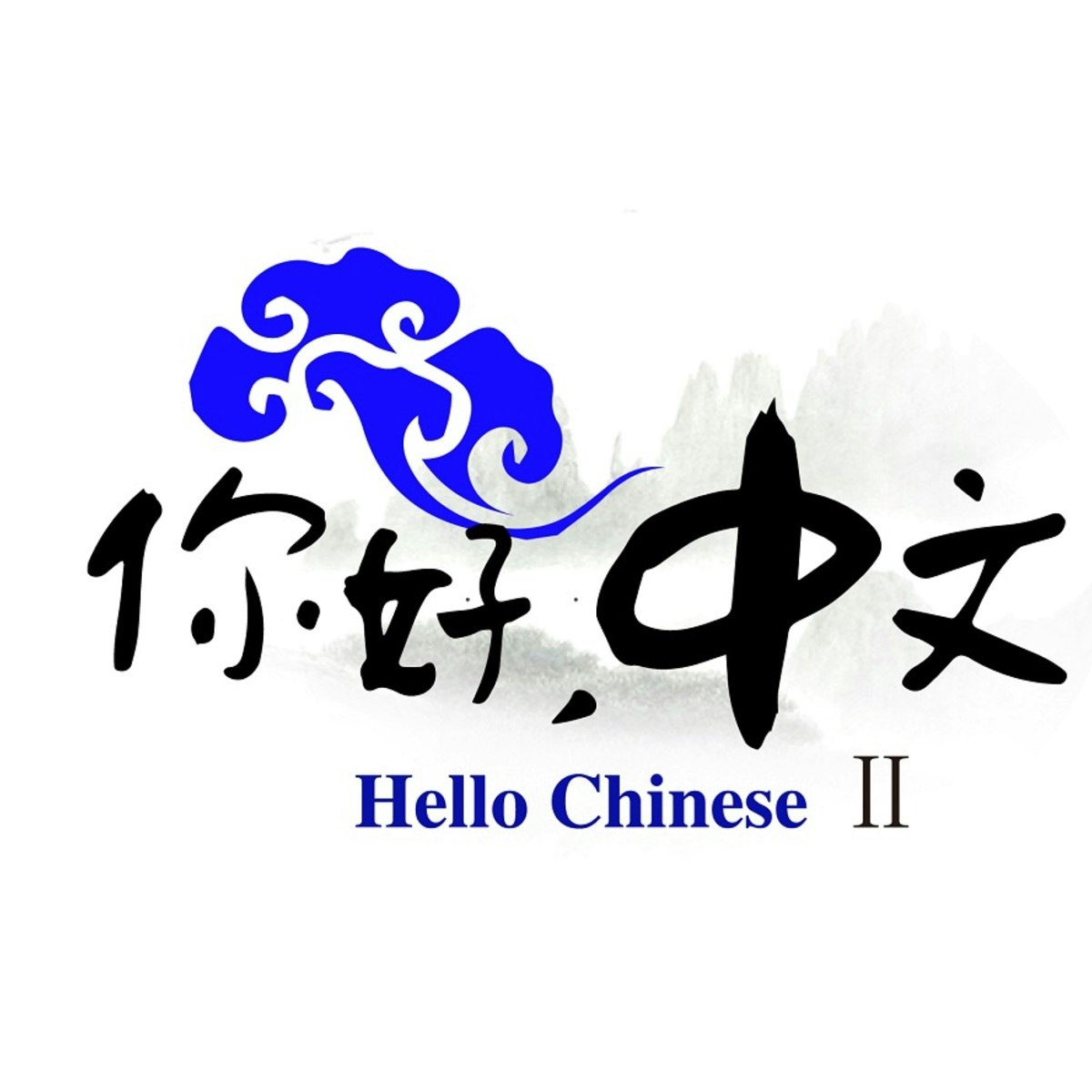Back to Courses









Other Languages Courses - Page 2
Showing results 11-20 of 36

Spanish Vocabulary: Sports, Travel, and the Home
Ready for the big game? Building on the vocabulary and skills that you have already mastered, this third course of the specialization will introduce new vocabulary that will prepare you to discuss sports, pastimes and politics -- important cultural elements of the Spanish-speaking world. You’ll also add new vocabulary relating to travel and living arrangements. This course also introduces the progressive tense and past tense and you will add to your vocabulary of helping verbs.

Spanish Vocabulary: Careers and Social Events
¡Hola! This fourth course will introduce new vocabularies in the areas of dining, fashion, professions and careers and will bring you ever closer to the 500 word threshold for beginning Spanish. The course will also introduce the subjunctive and the future tense so that you can begin to speak about future events, things they desire and pursuing professional goals. This is the final course before you will undertake a project that showcases your mastery of basic Spanish vocabulary and grammar.

Introduction to Comparative Indo-European Linguistics
Build your knowledge of Indo-European languages, how they changed through time, and how to reconstruct ancient languages. Every language belongs to a language family; a group of languages that are genetically related to each other. Indo-European is the name of the language family to which English belongs, along with many sub-families such as Germanic languages and Romance languages.
The Indo-European language family is now known to consist of thirteen major branches and a number of now extinct languages of which only fragments have been preserved that may once have formed branches of their own.
You’ll delve into the structure and origins of these branches. Not only will you learn about the oldest languages belonging to the Indo-European language family, but you’ll also learn about linguistic reconstruction, how you can tell whether two languages are related to each other and how language changes.
This course will guide you through the different groups of Indo-European languages. You’ll look at some of the oldest texts from these languages, including Ancient Greek and Sanskrit, and learn about the importance of oral traditions in the history of these texts.
As you progress through each of the branches of the language tree, you’ll begin to piece together the Proto-Indo-European language bit by bit by comparing and contrasting each different language in the tree.

Chinese for Beginners
Nowadays, there is an increasing number of people who are interested in Chinese culture and language. And it is useful to know about the language when coming to China for travel or business. This is an ABC Chinese course for beginners, including introduction of phonetics and daily expressions. After taking this class, learners can have a basic understanding of Chinese Mandarin and make basic conversations of daily living such as exchanging personal information, talking about daily arrangements and food, asking about price, introducing the city and the weather, telling your hobbies etc. Selected topics and situations come from real life scenarios and can be used for everyday communications. In addition to the dialogues, the selection of reading materials and practice activities will make the content as rich and varied as possible, in order to stimulate the learners’ interests. This is an elementary course on Chinese speaking. The learners don’t need to study Chinese characters, so it is easier to follow and complete this course.

Creating a Supermarket App Using Python
By the end of this project, you will be able to code a fully functioning supermarket system using Python programming language. Throughout this guided project, you will be able to identify and apply more intermediate concepts in Python, such as dictionaries and exception handling, to be used with the basic python concepts, such as if conditions and loops. Each part of this project will prepare you to code on your own in Python language, whether to construct a supermarket system or simple coding.
Note: This course works best for learners who are based in the North America region. We’re currently working on providing the same experience in other regions.

Miracles of Human Language: An Introduction to Linguistics
Everywhere, every day, everybody uses language. There is no human society, no matter how small or how isolated, which does not employ a language that is rich and diverse. This course introduces you to linguistics, featuring interviews with well-known linguists and with speakers of many different languages. Join us to explore the miracles of human language!
The Miracles of Human Language introduces you to the many-faceted study of languages, which has amazed humans since the beginning of history. Together with speakers of many other languages around the world, as well as with famous linguists such as Noam Chomsky and Adele Goldberg, you will learn to understand and analyse how your native tongue is at the same time similar and different from many other languages. You will learn the basic concepts of linguistics, get to know some of the key features of big and small languages and get insight into what linguists do.
This course gives an introduction into the study of languages, the field of linguistics. With the support of the basic linguistic terminology that is offered in the course, you will soon be able to comment both on variety between languages, as well as on a single language’s internal structure. Anyone who wishes to understand how languages work, and how they can give us insight into the human mind is very welcome to join.
The course is useful if you want to get a fairly quick introduction into linguistics, for instance because you are considering studying it further, or because you are interested in a neighbouring discipline such as psychology, computer science or anthropology. Furthermore, the course will help you develop analytical skills.
If you are curious to understand how language works and how it gives insight into the human mind, this course is definitely for you!

Linguistic Diversity, What for?
What is linguistic diversity? What are its implications and opportunities? How is diversity around the world? How is it experienced, understood and managed in different contexts? What is your knowledge and experience about languages and diversity?
In this course we approach linguistic diversity and multilingualism not only from a theoretical point of view, but also from a perspective oriented to help understand and manage various contexts that emerge from diversity in different environments of social interaction.
The contents will cover aspects related to the conceptual and legal frameworks and to specific cases of linguistic diversity. You are invited to enrich these contents with your contribution.
Through this course, we hope to create a platform of sharing and discussion in order to enrich all participants’ knowledge, open perspectives and encourage the defense and promotion of linguistic diversity.
You can see the promotional video of the course at this link: https://youtu.be/aVzCKGtuNPY
Join us!
This course has been designed by Linguapax International, with the support of the Department of Culture and the Department of Foreign Action, Institutional Relations and Transparency of the Catalan Government and with the collaboration of the UNESCO Chair in Linguistic and Cultural Diversity of the Institute of Catalan Studies.

Mandarin Chinese for Intermediate Learners: Part 3
"Mandarin Chinese 3: Chinese for Intermediate Learners" is the third course of the MOOC specialization "Learn Intermediate Mandarin Chinese" created by Shanghai Jiao Tong University.

Oralpha: Literacy for new citizens, a course for trainers
You are interested in welcoming processes of migrants and refugees? You want to dedicate yourself to teaching lamguage and literacy? The objective of this course is to get to know the simultaneous process of literacy and language learning in the host society for migrated young people and adults.
The linguistic integration is key for integration in the society. This course offers insight into international migration today and the real linguistic needs of migrated people in the countries of arrival. Furthermore, throughout the course you can learn about teaching methods and tools in language learning and literacy. The focus is on oral competencies, and processes starting from the students’ needs and difficulties them and the teaching staff are facing, implementing hands on experience and providing practical solutions supporting your class.

MongoDB Atlas with Natural Language API and Cloud Run
This is a self-paced lab that takes place in the Google Cloud console. In this lab you will authenticate to App services, query Atlas data with GraphQL, deploy an Angular application to Google Cloud Run and integrate the Google Cloud Natural Langauge API.
Popular Internships and Jobs by Categories
Find Jobs & Internships
Browse
© 2024 BoostGrad | All rights reserved